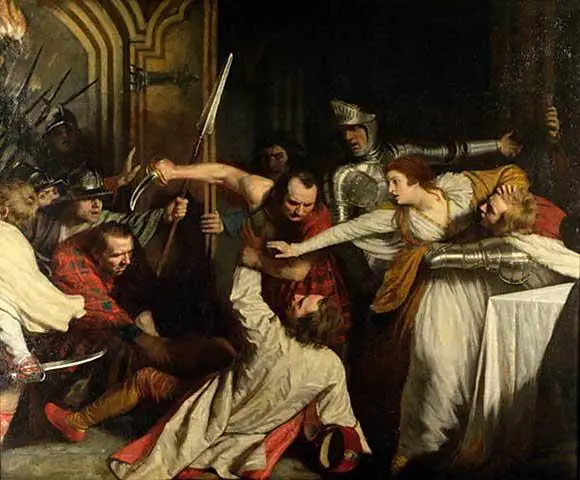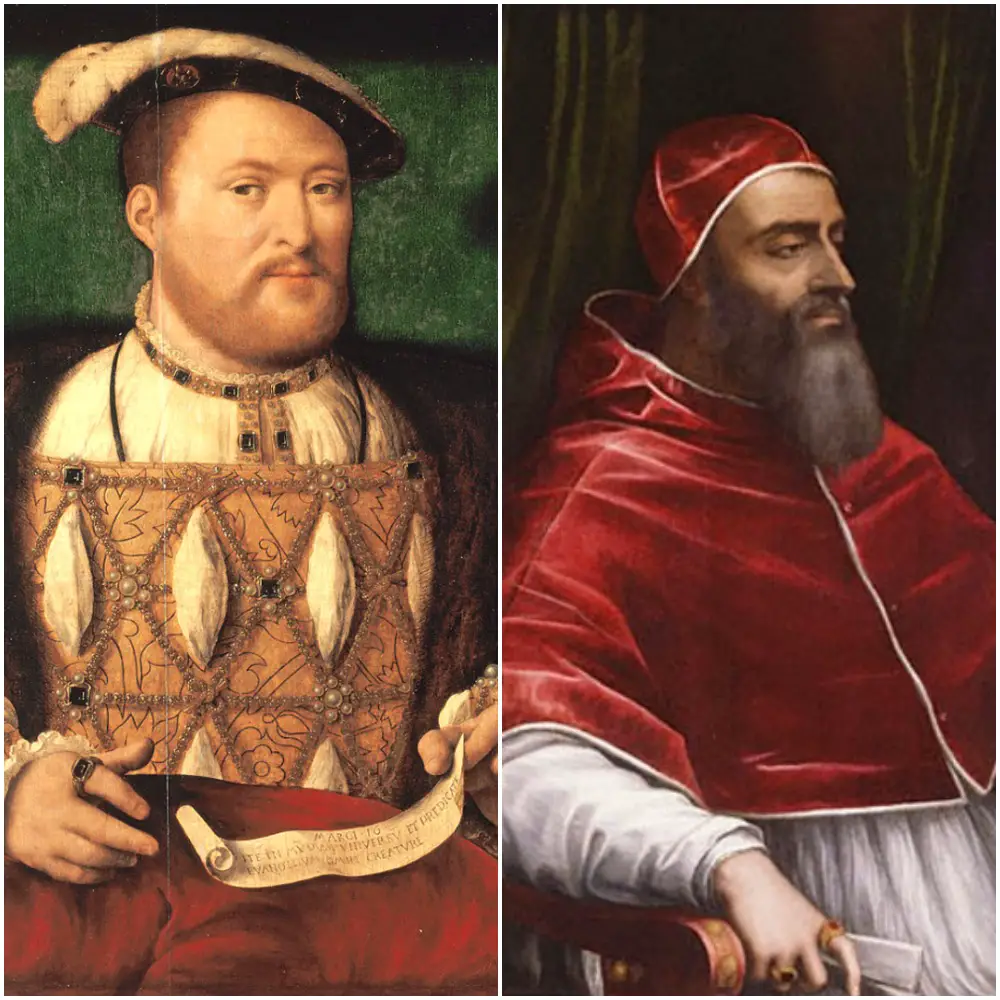On this day in Tudor history, 8th March 1539, former royal favourite Sir Nicholas Carew was beheaded for treason at Tower Hill.
How did a man who was once Henry VIII's good friend and Master of the Horse end his days on the scaffold? I give an overview of Carew's life, rise and fall, and his part in Anne Boleyn's fall, in today's video.
Also on this day in history:
- 1495 – Birth of John of God (João Cidade) in Montemor-o-Novo, Portugal. He was one of Spain's leading religious figures and the order he created, the Brothers Hospitallers of St. John of God, still has bases around the world today.
- 1542 – Burial of Geoffrey Blythe, clergyman, Treasurer of Lichfield, former Warden of King's Hall, Cambridge and former Archdeacon of Stafford. Blythe was one of the divines recorded by martyrologist John Foxe as preaching against Hugh Latimer at Cambridge. Blythe was buried at All Saints' Church in Cambridge.
- 1569 – Death of Richard Tracy, evangelical reformer and cousin of Protestant martyr James Bainham, at his manor in Stanway, Gloucestershire. Tracy's works included “Profe and Declaration of thys Proposition: Fayth only iustifieth”, which was dedicated to Henry VIII, “‘A Supplycation to our most Soueraigne Lorde, Kynge Henry the Eyght” and “A Bryef and short Declaracyon made wherebye euery Chrysten Man may knowe what is a Sacrament”. In Elizabeth I's reign, he served as a Commissioner of the Peace and Sheriff in Gloucestershire.



When you’re in with the in crowd, you want to stay in with the in crowd and not fall out with the in crowd, otherwise oops 🙀
It’s just amazing to me that so many of King Henry VIII’s friends, loyal subjects, and loyal servants were just thrown away. It’s almost like he was incapable of real friendship, real feeling. I guess a king (or queen) has to separate that but he really took it very far, didn’t he? (I’m a couple days behind.). Michelle t
Yes, Charles Brandon was either super lucky, super careful, although I doubt that, or just minded his own business when it came to Court political intrigue, because he died in his own bed. Henry was very close to Henry Norris and he was set aside and sacrificed along with Anne and George Boleyn on false charges of adultery and treason. Sir Thomas More was his mentor and his friend and advisor but he was also sacrificed for Henry’s boost in power and his break with Rome. Nicholas Carew was a favourite jousting companion as well and they were meant to be safe. His execution was engineered but Henry was very insecure by now and was easy to persuade that people were guilty of the smallest things. Henry Pole and the Courtney family were close to both Henry and Katherine of Aragon and had helped him to take control when he first came to the throne. They were his cousins, yet he and Cromwell were now arresting them all and executing them. Even Thomas Cromwell who was his right hand man for well over a very difficult decade and shaped his religious and political transformation, but was also his confidant and friend fell foul of him after his marriage to Anne of Cleves because his enemies conspired to force Henry to arrest and execute him. A few people did remain close to him, but they must have had to be extremely careful not to fall foul of one faction or the other, and thus, the King.
Yes! Being close to the crown had its perks, but it was so very risky too.